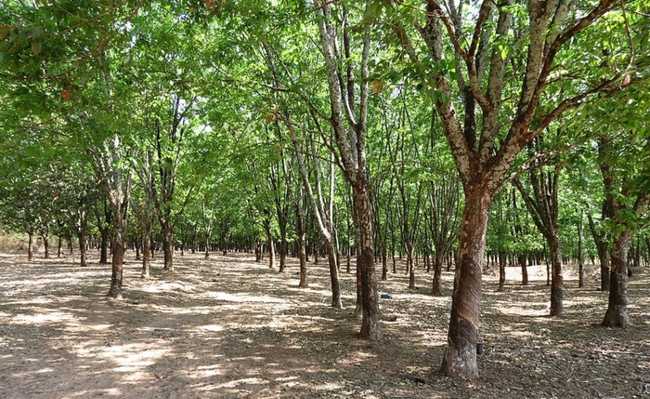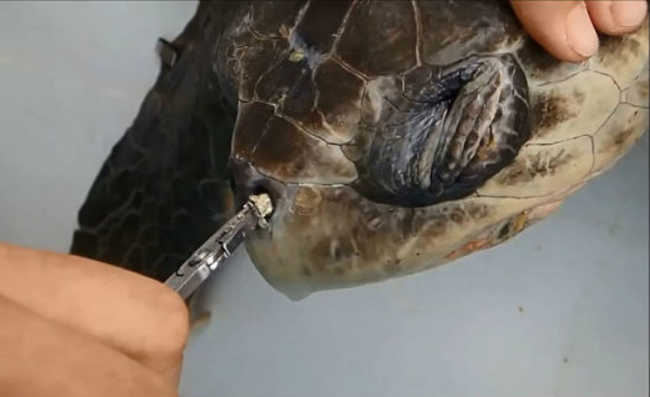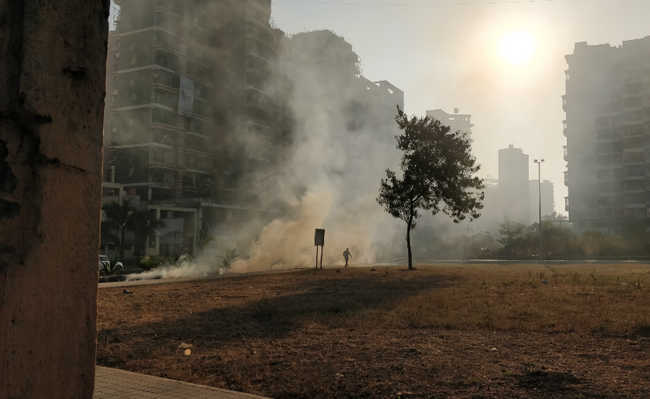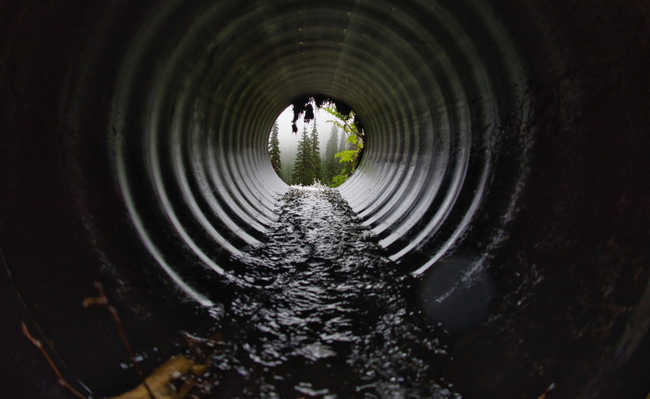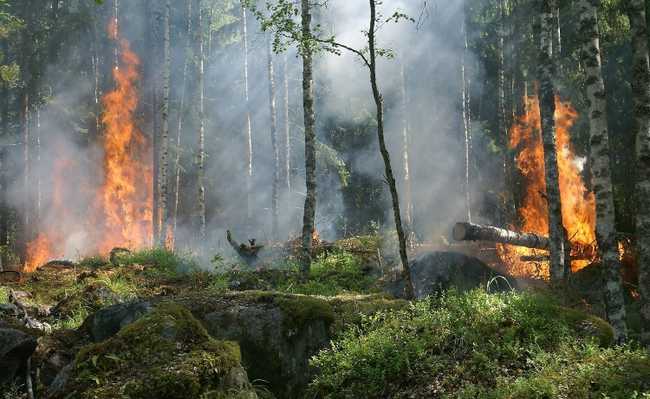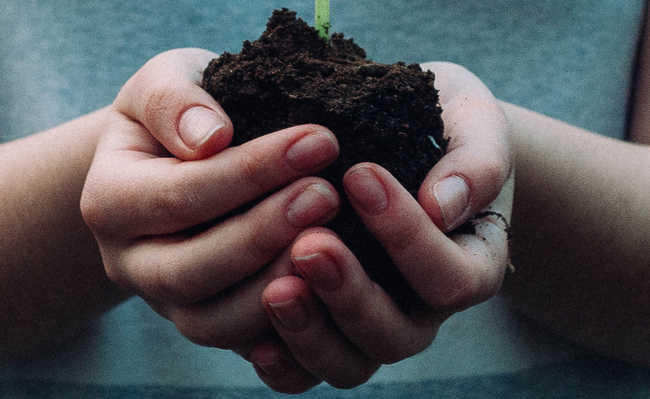Biodiversity loss is the subject of global poster competition
This year's edition will be dedicated to biodiversity, the theme of World Environment Day 2020, 5 June
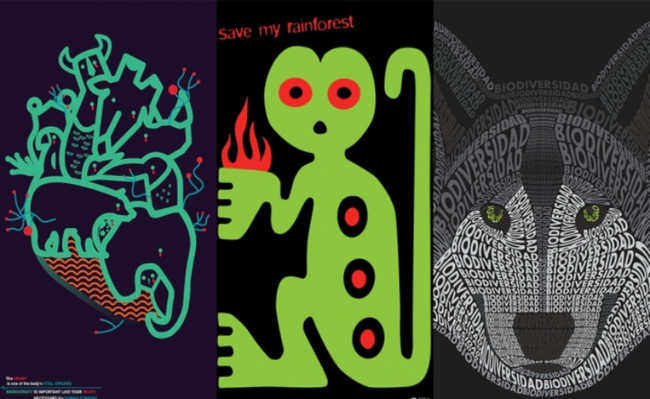
Image: UN Environment
Leveraging the power of art to increase environmental awareness and inspire direct actions, the 16th edition of the International Biennial of Posters welcomes entries until May 15, inviting artists from around the world to present works in six categories.
Over the past 30 years, around 70,000 posters from five continents have been submitted for the exhibition, which takes place in Mexico City. The United Nations Environment Program (UNEP) has been a partner of the Bienal since 1990, sponsoring the environmental category. This year's edition will be dedicated to biodiversity, the theme of World Environment Day 2020, June 5th.
- Participate in World Environment Day
Artists from around the world participate annually in the International Biennial of Posters, using their tools and creativity to describe the challenges of our planet.
Maja Zurawiecka, an artist from Poland, used a grotesque image of a severed human hand to portray the threats to the Białowieża native forest, a world heritage site on the border between her country and Belarus.
“My poster's message was simple: we are nothing without nature. When you cut a tree, it's like cutting your own hand. You are taking a piece of our life on this planet”, said Zurawiecka, who won first place in the 14th edition of the competition.
Some of the pressing environmental issues the artists addressed include biodiversity, plastic pollution, global warming, the green economy and reducing the food industry's carbon footprint.
In the last edition of the contest, 1,645 posters were submitted to the environmental category. Chinese designer Yongkang Fu won first place for his piece “Living Space”, which evoked the harmful impact of plastic pollution on marine life.
UNEP recalls that 2020 is an important year for the environment, when there are meetings that should define the agenda of environmental actions for the next decade, including the 15th meeting of the Conference of the Parties (COP15) of the Convention on Biological Diversity, in Kunming, in China, and the United Nations Climate Change Conference in Glasgow. COP15 will discuss the bold proposal to protect 30% of all the land and sea on the planet.- COP 25 ends without agreement to increase climate ambition
According to a historical report by the Intergovernmental Platform for Scientific Policies on Biodiversity and Ecosystem (IPBES), released in 2019, 1 million species of plants and animals are at risk of extinction due to changes in land and sea use, pollution, climate change and the overexploitation of resources.
The health of the ecosystems on which we and all other species depend is deteriorating faster than ever, according to former IPBES president Robert Watson. He reminds us that human beings are eroding the very foundations of economies, livelihoods, food security, health and quality of life.
“This year, the theme of the biennial is more relevant than ever as we are experiencing an irreversible loss of biodiversity on an unprecedented scale,” said Leo Heileman, UNEP regional director for Latin America and the Caribbean. "We are very proud to continue this prolific partnership with the International Biennial of Posters, which takes place in Mexico City, one of the most vibrant cultural centers in the Americas."
“The brain takes just three seconds to store a good poster in memory,” said Xavier Bermúdez, director of the Bienal since its foundation. “The International Biennial of Posters, in collaboration with UNEP, raises awareness and inspires people to act, changing their lifestyles. It is not enough to generate disquiet — a good poster should also motivate people to take positive action.”
The scale of current biodiversity degradation is unparalleled; the IPBES report warns that more than a third of all marine mammals, more than 40% of amphibian species and 10% of insects are threatened.
“Change starts with awareness. Aware that we are not alone on planet Earth. Aware that all our decisions and actions have repercussions on other human beings, animals and plants,” said Fatoumata Dravé, a Canadian designer who won second place at the Bienal in 2016. Her piece, entitled “Toxicité”, dealt with the devastating consequences of aluminum production in marine life.
“I've always thought about how graphic designers can contribute and speak out on social issues,” he added. “I took advantage of the Bienal's opportunity to make a poster based on research on biodiversity with a message that could have an impact”.

